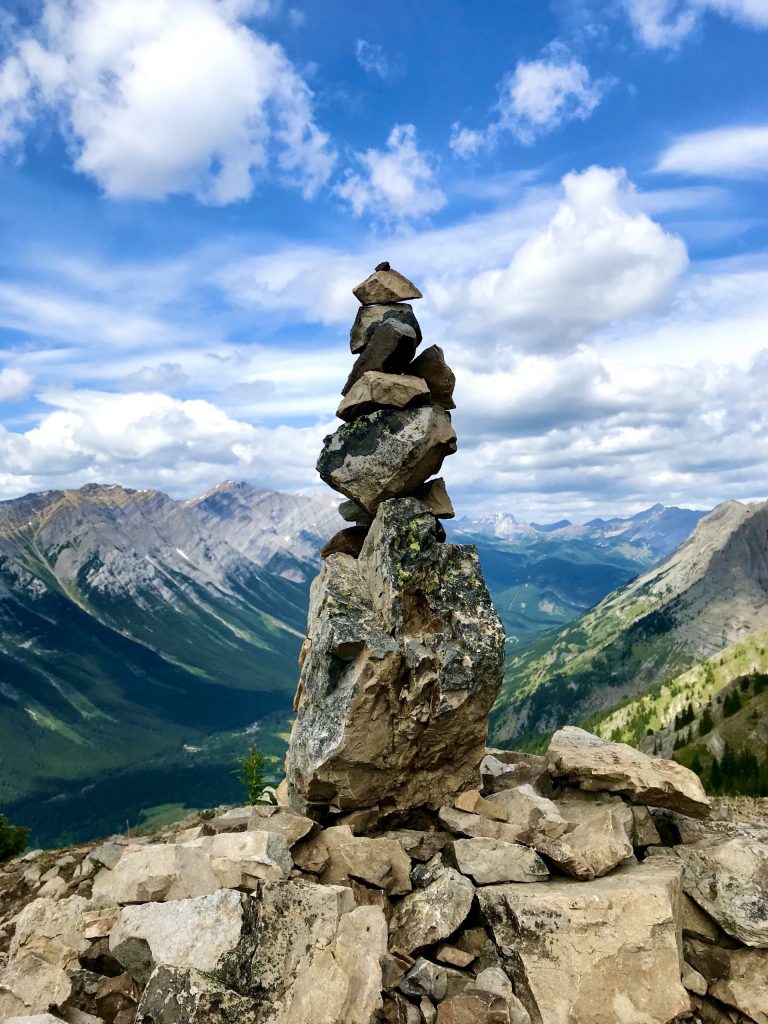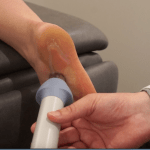A Guide to Preventing Injuries While Hiking
One of the best things about living in Calgary is the abundance of hiking trails in proximity. With Summertime, soak up the sun and enjoy the outdoors (of course not to forget the public health guidelines).
On many occasions, I have seen patients coming in with either a new injury from hiking or from previous resolved or unresolved injuries that got exacerbated by hiking. Due to the physical demand of even the smallest and easiest hiking trails, it is not uncommon to develop some aches and pains resulting from a hike. Our physiotherapy team strives hard to educate new as well as experienced hikers on measures to minimize risk of injury.
Importance of Hydration When Hiking
This is one of the most important components of hiking. Often people underestimate the dehydrating effects of a hike. Hot dry summer weather causes excessive sweating and can lead to dehydration, no matter what the ambient temperature is. Dehydration can cause headaches, muscle cramping, dizziness, confusion and fainting. So, bring plenty of water with you on your hike and drink before, during and after your hike.
Dress Appropriately For the Trails
Focus on function rather than fashion (sorry Lululemon). Hiking boots with proper ankle support prevent injuries, and provide good traction while hiking. Weather conditions can change quickly in the mountains, it is a good idea to dress in layers and be prepared for all possible weather conditions. UV radiation is increased at higher elevation, wearing a high SPF sunscreen and a hat will protect your skin from the sun.
Stretch Before You Go
Flexibility is key to prevent injury in any type of exercise. Flexibility of the joints that are involved in hiking (specifically hips, knees, ankles) allows for full range of motion. Lack of flexibility in these joints can lead to injury when the joints are forced to move out of their normal range of motion. This can lead to sprains/strains or even worse, tears.
Take a Rest Regularly
Taking frequent breaks when hiking will allow for muscles to recover. When muscles are too fatigued, this makes them vulnerable to injuries.

Know Your Limits
It’s ok to challenge yourself, but pushing yourself when hiking especially when you’re not at your peak condition, not prepared, or have a medical condition, can lead to injury.
So, next time you decide to take advantage of beautiful hiking trails, be smart and follow the pointers provided above. Also, seek advice from your Physical Therapist at Body Therapy Wellness to determine whether you are fit for hiking.




